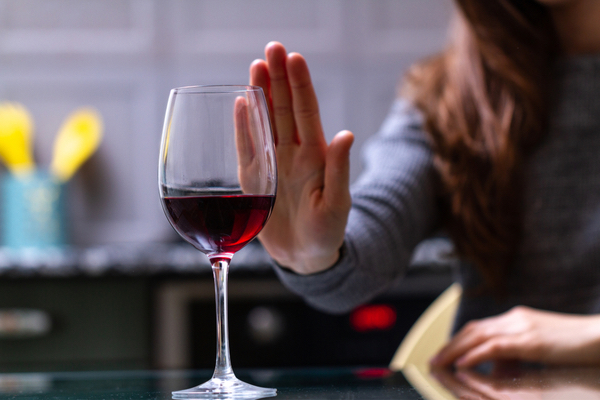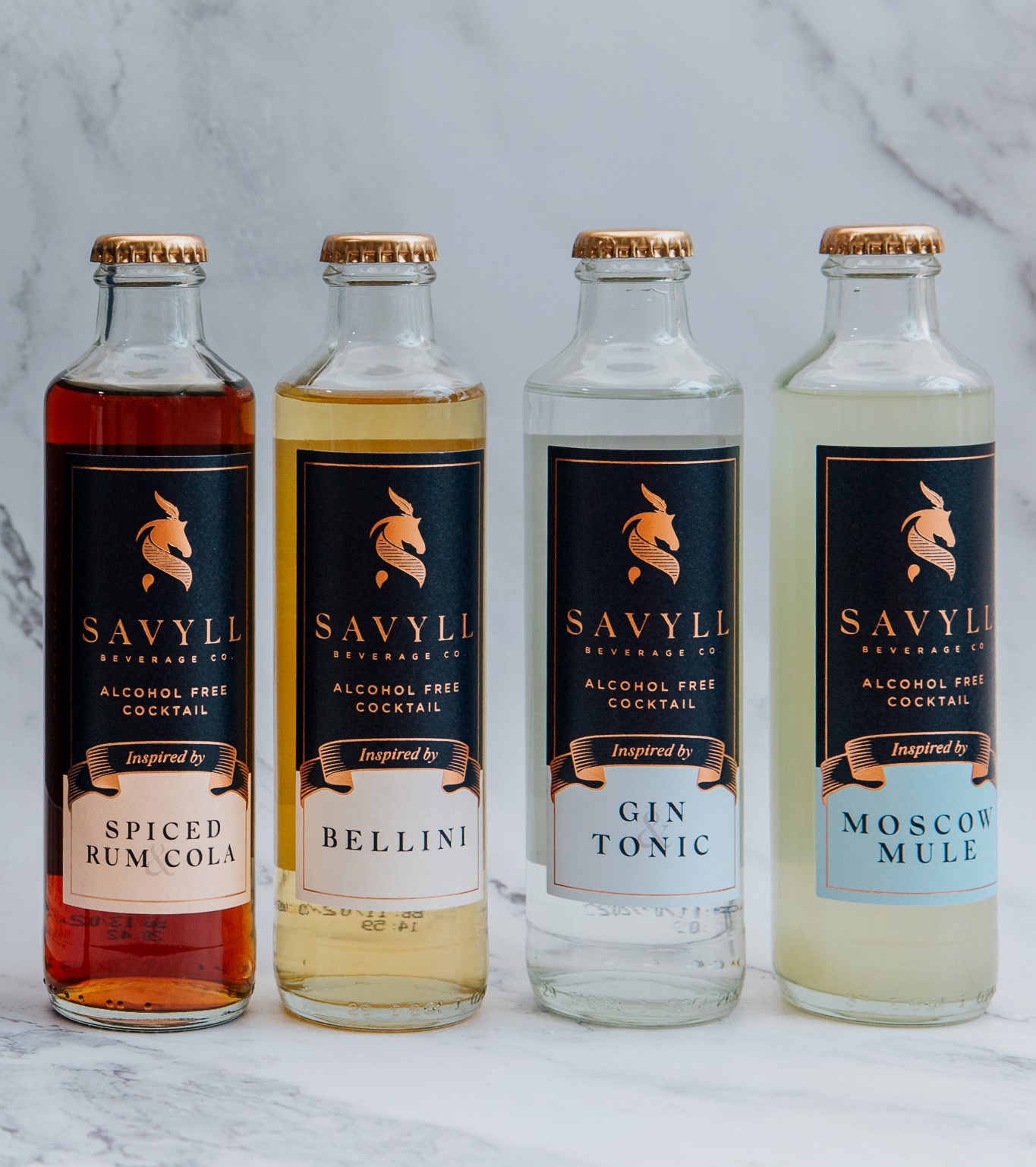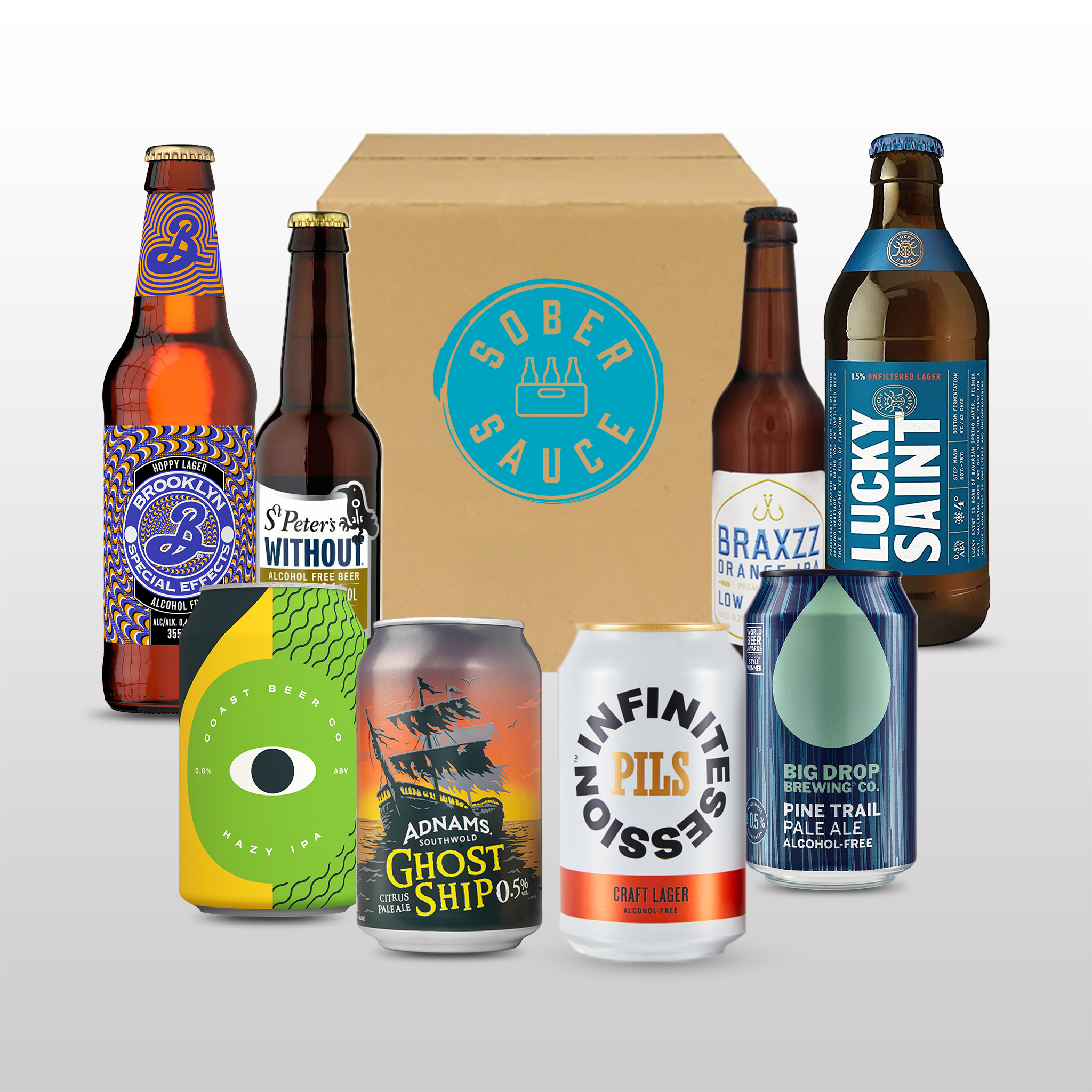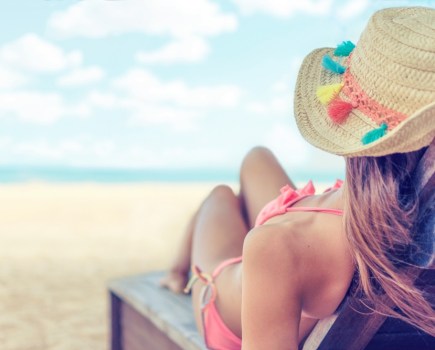Quitting the booze for Dry January? Discover the health benefits of lowering your alcohol intake, plus the best alcohol-free drinks…
Giving up or reducing alcohol has become increasingly popular over the past few years, with countless low-alcohol or alcohol-free drinks (known as ‘nolo’ – no or low alcohol) being launched, not to mention alcohol-free social events popping up.
But not everyone is onboard. Women in the 50-69 age group are more likely to exceed the guidelines on alcohol limits than younger women, according to a 2020 study at Edith Cowan University in Australia.
Why might this be the case? Drinking can of course be a fun and sociable thing to do, but as women begin to grapple with teenagers, ageing parents and the symptoms of the perimenopause, alcohol can become more than just a social pastime. ‘Anything in life that presents a challenge can be a reason to start self-medicating,’ says Pamela Roberts, addictions programme manager at Priory Hospital, Woking.
8% of breast cancer cases each year are caused by drinking alcohol, according to Cancer Research UK. Even low levels of drinking increases risk.
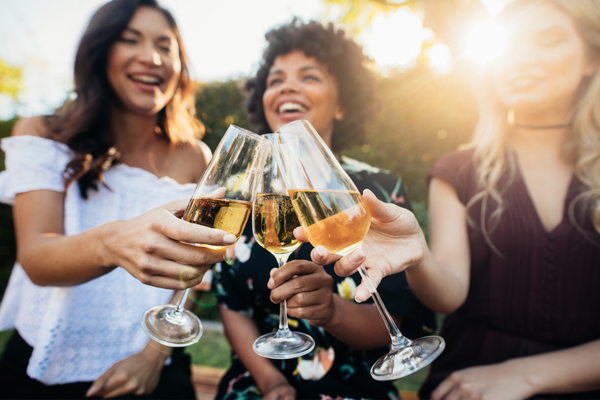
Drinking is often seen as a fun and sociable thing to do
Why is too much alcohol a problem?
1. Your tolerance is lower
‘As women age, the amount of alcohol they can consume is less than when they were younger,’ says Tania Adib, consultant gynaecologist at The Lister Hospital, part of HCA Healthcare UK. ‘The hangover will be a lot worse, leaving you feeling very tired, dehydrated and nauseous.’
2. It upsets hormones
At some point in our 40s (and sometimes late 30s), women will begin the perimenopause – the approach to menopause where hormone levels can begin to change. ‘Heavy drinking can worsen symptoms such as hot flushes,’ says Dr Adib.
‘Alcohol consumption can raise oestrogen levels, leading to a hormonal imbalance – this can worsen menopausal symptoms and increase the risk of breast cancer. It can also increase the risk of osteoporosis and make joint pain worse, as well as depleting the body of nutrients such as calcium and magnesium, which are very important
at the menopause.’
3. It messes with emotions
‘Women at the time of the menopause are more susceptible to depression and anxiety, and alcohol can worsen those feelings,’ says Dr Adib. ‘Initially, alcohol releases brain chemicals called endorphins that make you feel good, but too much drinking can ultimately make you feel depressed.’
Pamela agrees, saying: ‘When self-medication takes over, we are no longer attempting to deal with challenges. We can learn how to develop resilience, but not when we are dependent on something to “take it all away”.’
4. It affects sleep quality
‘Regardless of our age, alcohol makes sleep less restorative, so we can wake up feeling unrefreshed,’ says Kathryn Pinkham, insomnia specialist and founder of The Insomnia Clinic.
‘This is because our bodies are working to detox and metabolise the alcohol rather than getting deeper, more refreshing sleep. ‘Furthermore, when we are younger, we are able to more easily achieve deeper sleep and get more of it.
However, as we age we tend to enter deep sleep for less time. If alcohol is added to an already vulnerable sleep situation, we can end up feeling much worse.’ But there can be benefits.
‘Moderate drinking, so not more than 14 units a week, spread out across the week, with alcohol-free days, does have some benefits,’ says Dr Adib. ‘Menopausal women who drink moderately have a lower risk of heart disease, Type 2 diabetes, dementia, stroke and obesity compared to women who don’t drink.’
Out of 1,000 UK women, 116 of those who don’t drink will be diagnosed with breast cancer in their lifetime, whereas in those who drink more than six units a day, 186 will be diagnosed.
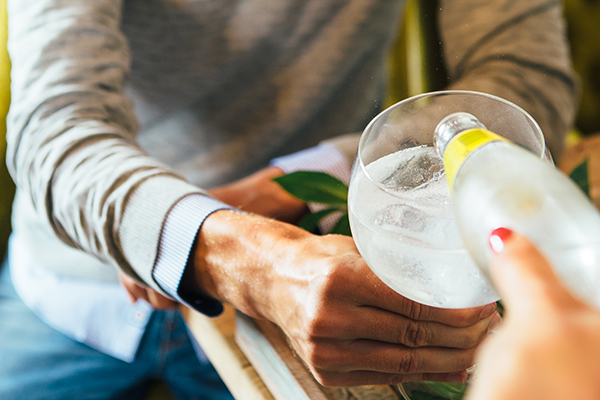
Drinking alcohol can affect your hormones, emotions, and quality of sleep
If you’d like to drink less, here are the first steps…
1. Reflect on your drinking habits
When it comes to honest reflection, it’s not just about weekly units but why you drink. ‘Not drinking because there’s a need is a good start towards having a healthier relationship with alcohol,’ says Pamela.
‘If you are trying to escape difficult emotions, initially it is a relief, but it can initiate a vicious cycle of adding in guilt and remorse for drinking and any associated behaviours.’ Dr Adib adds: ‘The difficulty is knowing how much is moderate drinking as often one glass turns to two or three, then the entire bottle.’
2. Total abstention or tapering down?
‘If someone has stepped into disordered use of alcohol, abstinence is most likely to be the best approach,’ says Pamela. ‘If you are serious about stopping, asking for help is the first step in becoming honest with yourself.’ However, tapering down is an option if you just want to drink a little bit less each week. ‘For some people, adjusting their drinking is entirely possible,’ says Pamela.
3. If you use it to help you sleep…
‘It’s best to avoid relying on alcohol to induce sleep,’ says The Insomnia Clinic’s Kathryn. ‘Instead, spend time during the day writing down what makes you anxious. This can give you a different perspective. Learn to let things go if they are out of your control, rather than engaging in a cycle of worry.
‘You can also try writing down how drinking too much makes you feel, and the negative impact it has, and then imagine how you would look, feel and behave if you changed this behaviour. Imagination is stronger than willpower.’
4. Should you tell friends and family?
‘I think it’s good to tell friends and family as they will surely support you,’ says Pamela. ‘However, there’s also discernment involved – choosing wisely who to tell. Some people can’t deal with someone else making changes, especially if they themselves have a problem. Be firm with people – tell them not to offer you drinks, not to bring alcohol to your house or to take it away with them if they do.’
The guidelines: The government recommends no more than 14 units a week – a single measure of spirit is one unit, a pint of lager is two units and a large glass of wine is about 3.5 units.
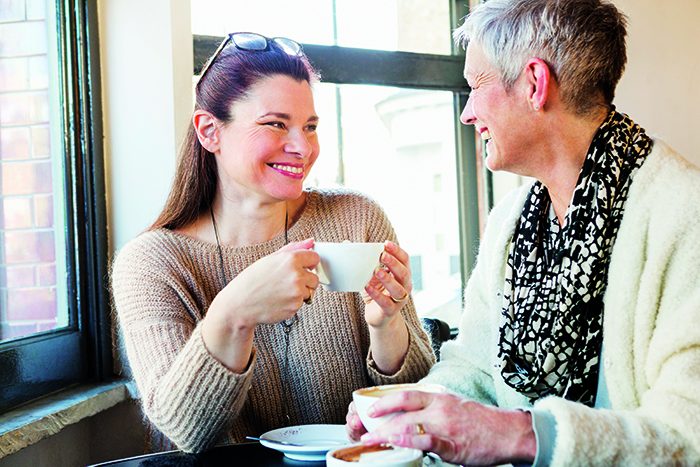
Talk to friends and family about your drinking concerns
10 alcohol-free drinks (no or low-alcohol)
A difficult part of reducing or giving up alcohol can be missing the sense of occasion. Fortunately, the market for delicious alcohol-free ‘nolo’ drinks is booming. Here are our top picks…

FLUÈRE: alcohol-free spirits (from £10)
FLUÈRE is a range of non-alcoholic distilled spirits made with the same steam distillation techniques used to produce alcoholic spirits such as gin, mezcal and rum, carefully extracting the natural oils and flavours from the fruits, herbs and spices.
Unique to FLUÈRE is a pleasant after-bite that is typically associated with alcoholic drinks. The range includes Original, Raspberry, Smoked Agave and Spiced Cane in 750ml and 275ml bottles.
Savyll Alcohol-free Cocktails (from £11.99)
We love these alcohol-free cocktails from Savyll (from £11.99). Choose from Spiced Rum Cola, Bellini, Gin Tonic, Moscow Mule, Mojito, or Old Cuban – or try a taster pack! Their drinks are vegan-friendly, gluten-free, use all-natural ingredients, and are less than 5g of sugar per 100ml.
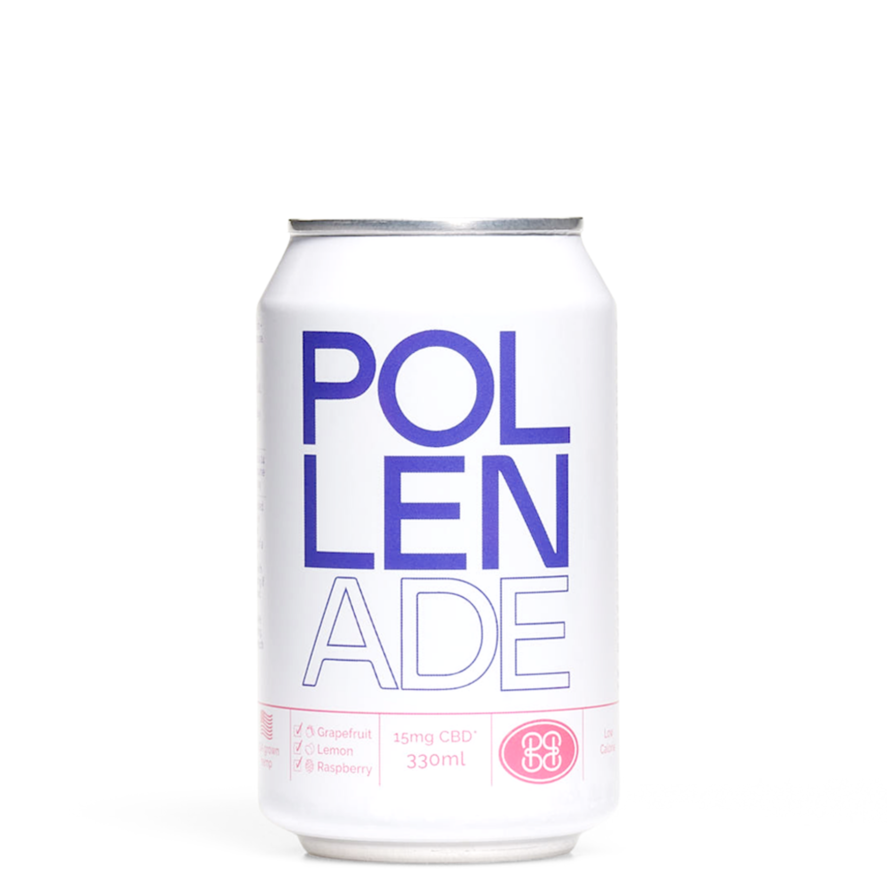 Pollenade (£3.30)
Pollenade (£3.30)
This botanical CBD beverage is a great alternative to alcohol. Each can contains 15mg of water-soluble CBD from broad-spectrum hemp oil, allowing for higher absorption than traditional hemp products.
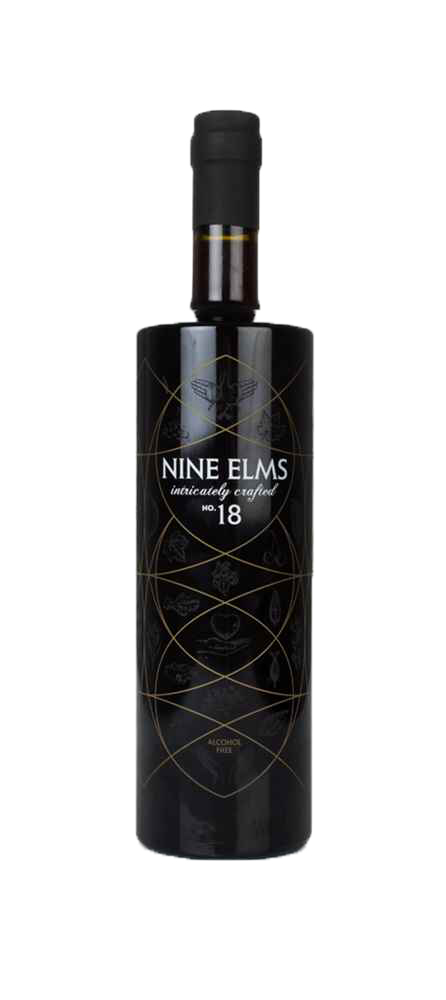 NINE ELMS No.18 (£16.95)
NINE ELMS No.18 (£16.95)
Made from 20 different flowers, herbs and spices, as well as the juices of four types of berry, it can be drunk straight with a nice meal or as part of a nonalcoholic cocktail.
 Pri Secco Organic Cuvée (£9.50)
Pri Secco Organic Cuvée (£9.50)
A zesty prosecco replacement for special occasions and celebrations
Sober Sauce Beer Discovery Box (£19.99)
This company has done the hard work for you by taste testing nolo beers and selecting the best. We like the £19.99 Discovery Box – a selection of eight delicious craft beers.
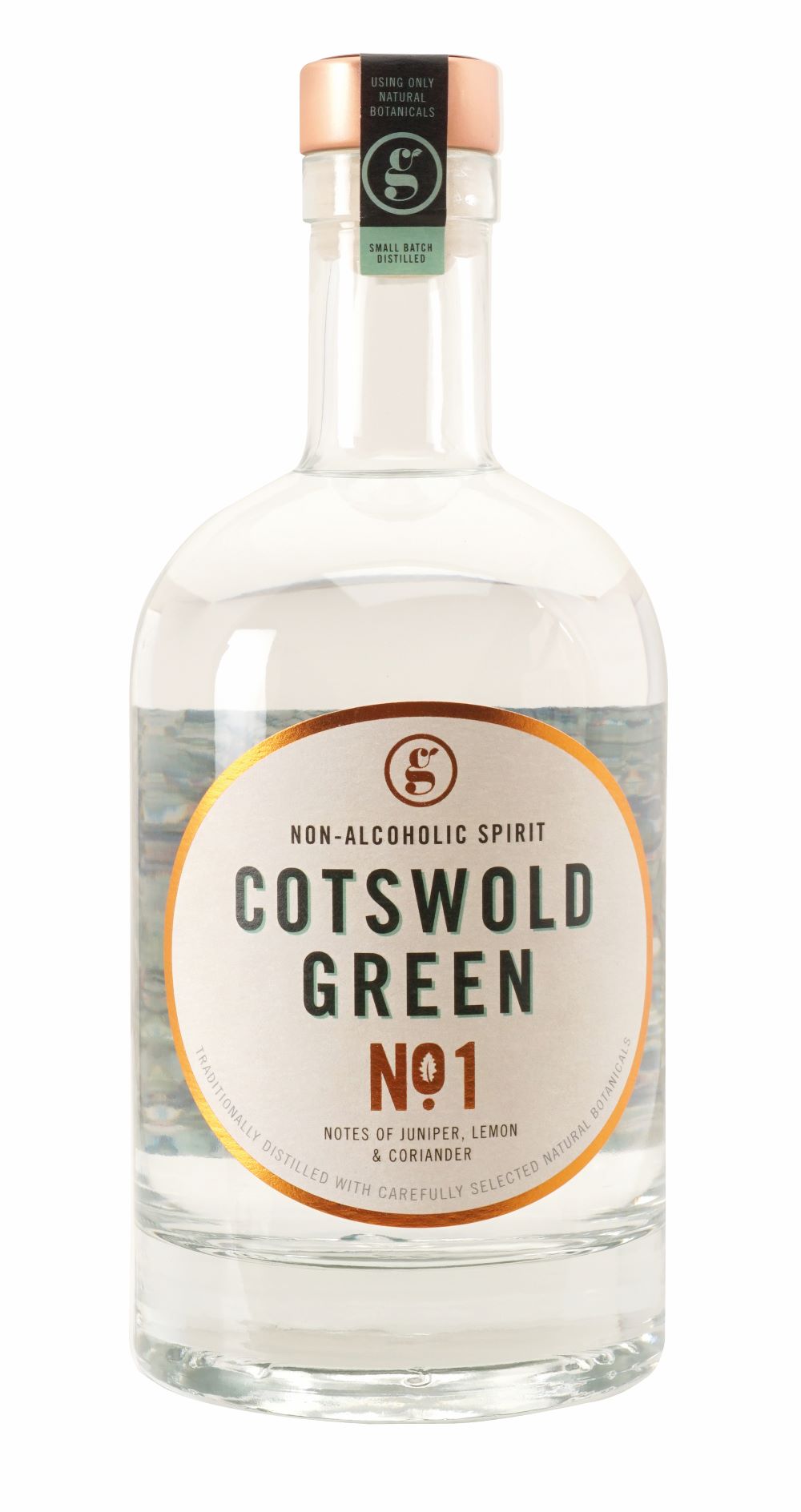 Cotswold Green No:1 (£20.83)
Cotswold Green No:1 (£20.83)
A blend of botanicals is used with juniper and citrus, resulting in a taste similar to a good gin. Free from sugar and artificial flavours or sweeteners.
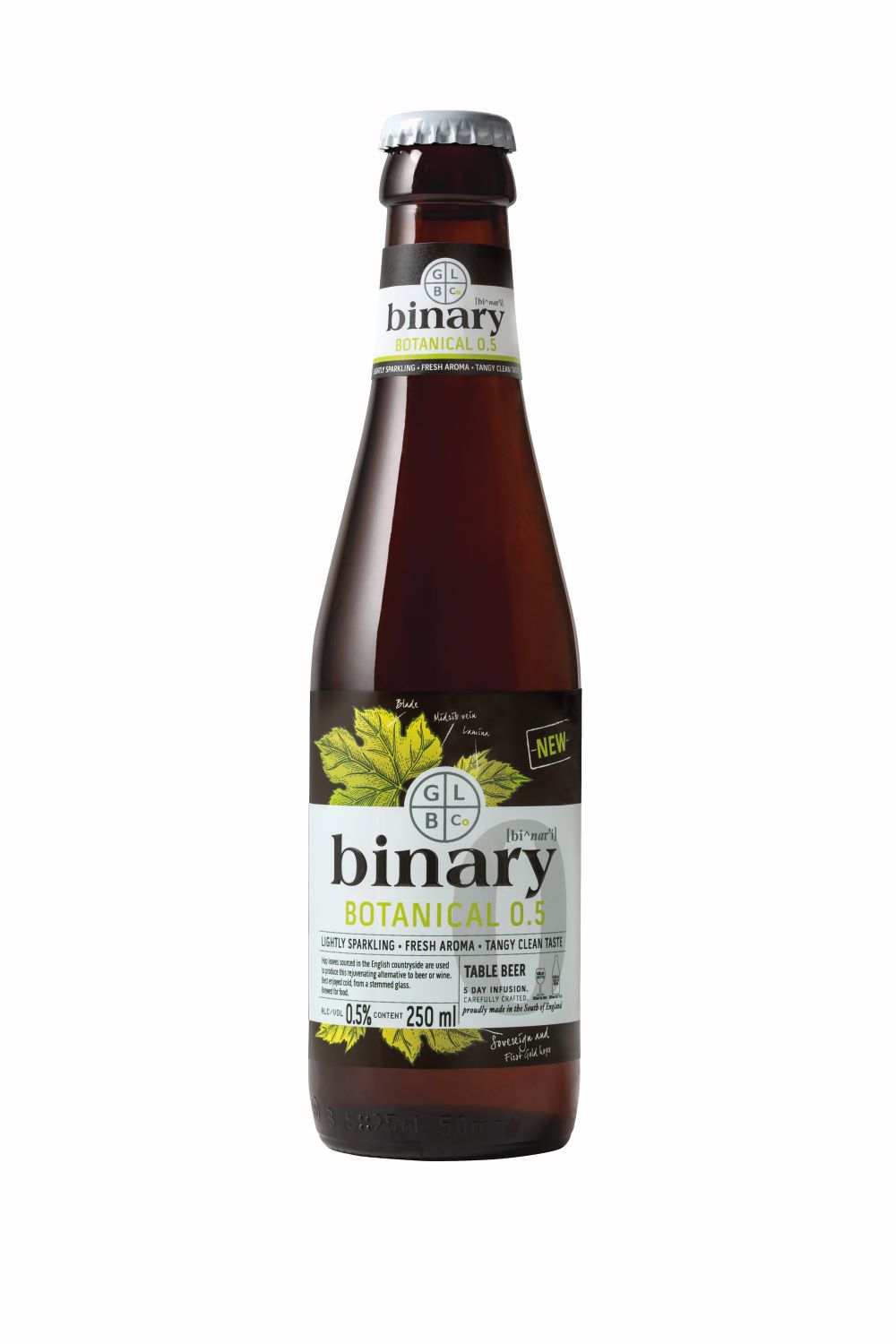 Binary Botanical (£3.99)
Binary Botanical (£3.99)
A tasty 0.5% beer with a prosecco-like tang that can be drunk alone or as part of a cocktail.
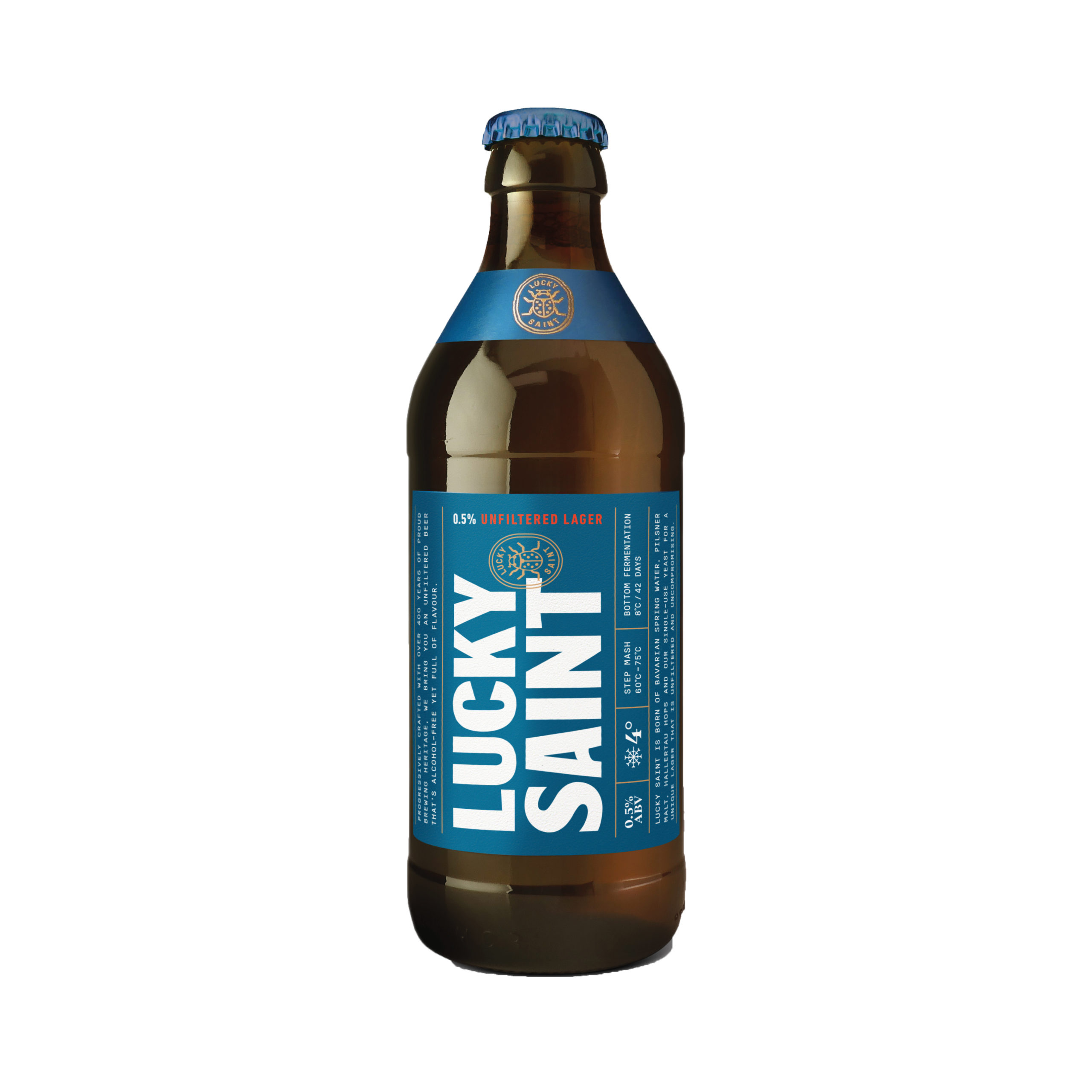 Lucky Saint (£2.49)
Lucky Saint (£2.49)
A 0.5% lager that’s unfiltered, helping it retain a nice body and taste. Brewed in Bavaria using just four natural ingredients.
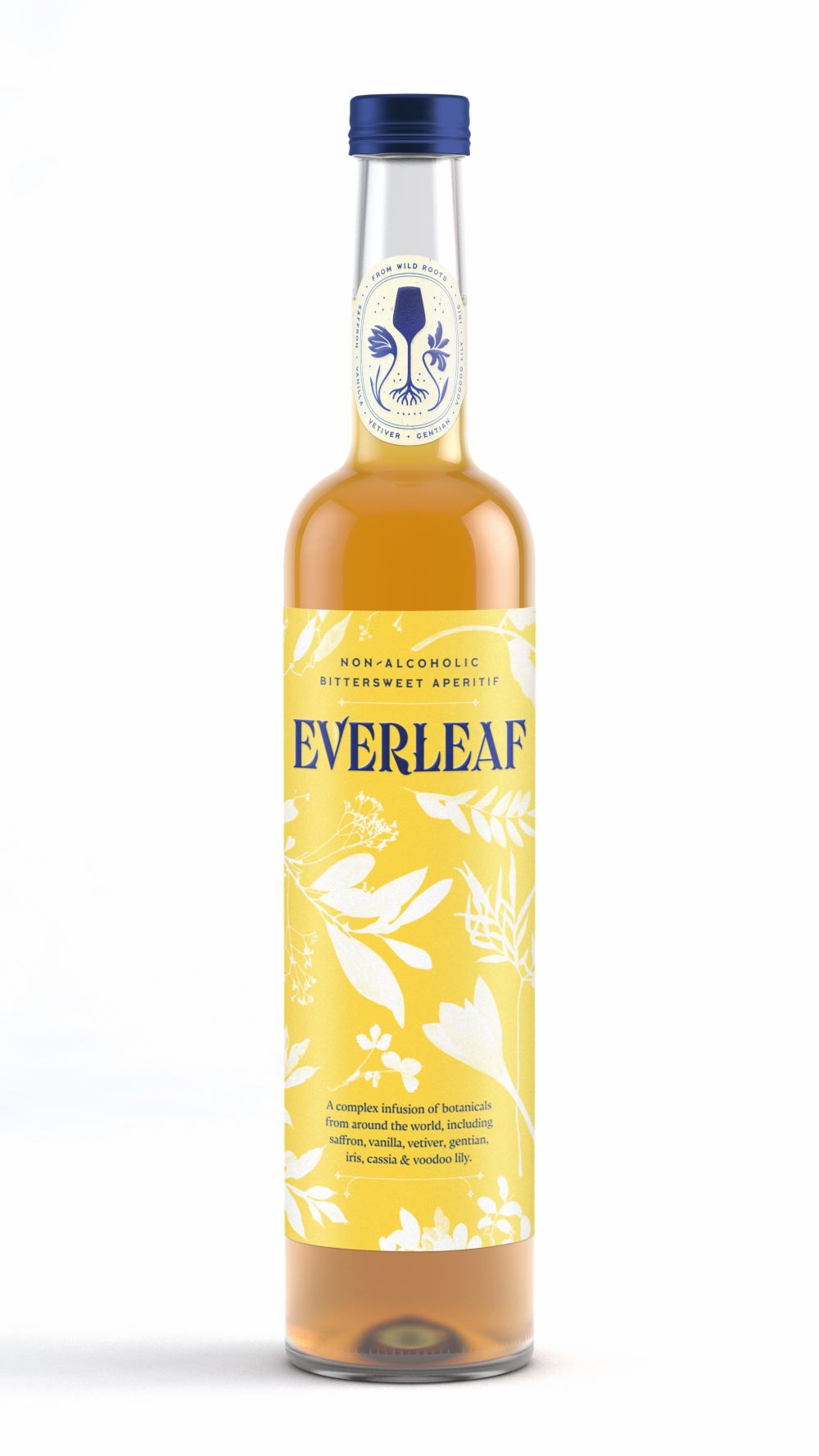 Everleaf (£18)
Everleaf (£18)
This bittersweet non-alcoholic aperitif uses 18 botanicals, including vanilla and saffron. Mix it with tonic water and ice for a zingy, refreshing drink.

